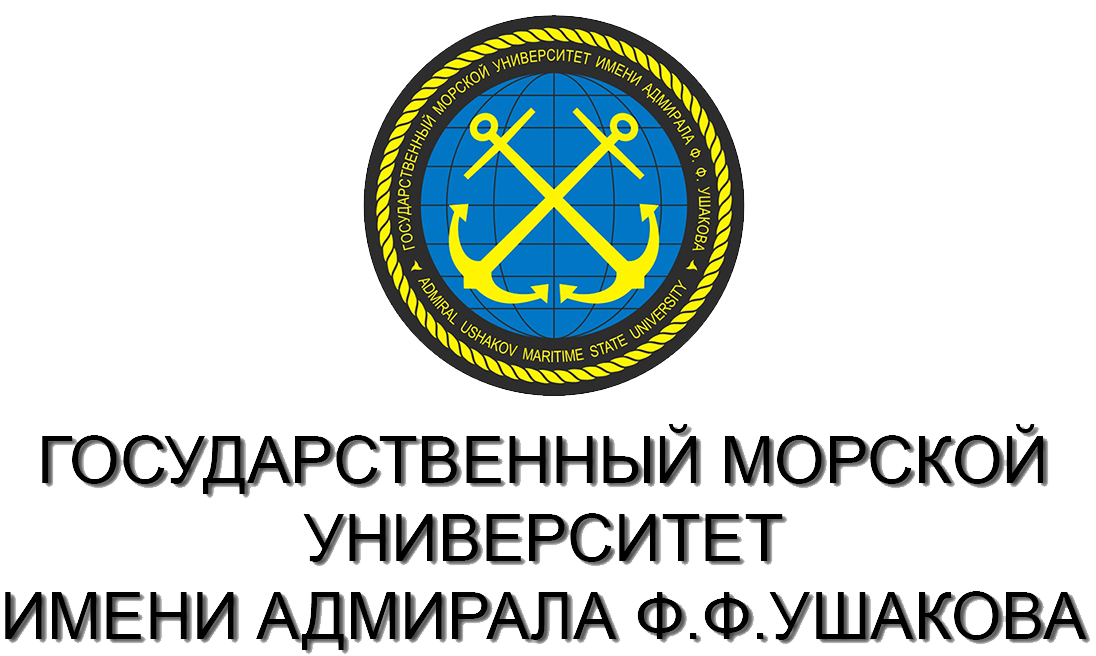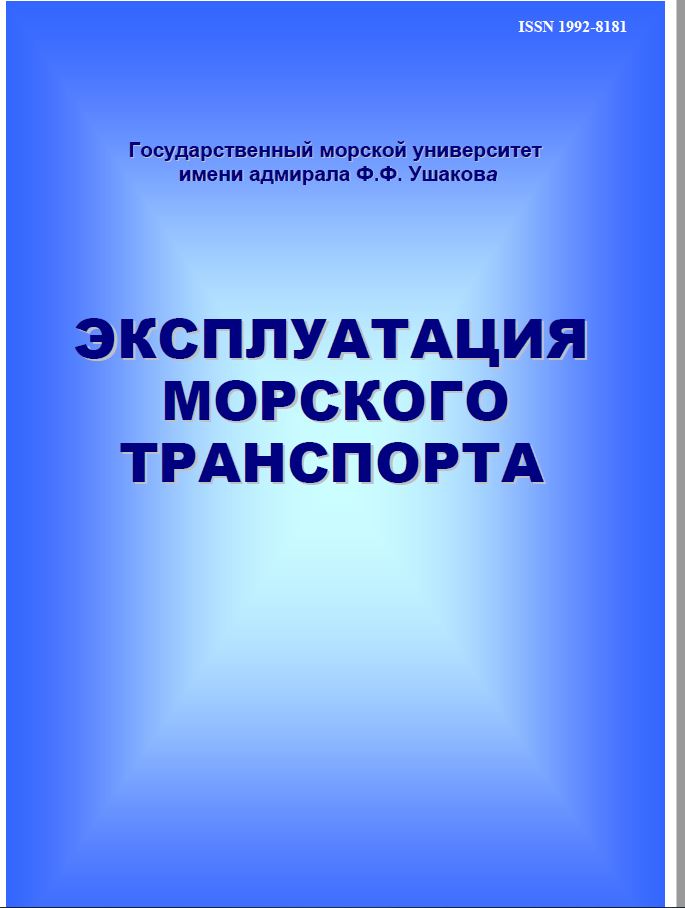The article considers ammonia as an alternative to modem fuels. A theoretical lay out of an engine running on ammonia is presented. The article compares ammonia with other alternative fuels, compares ammonia prices with diesel and heavy fuels, analyzes emissions of harmful substances at different stages of ammonia use -production, transportation and combustion on a ship. The novelty of this article is that ammonia is often not considered as an alternative to traditional fuels, competing with hy drogen and natural gas. However, it has a number of advantages, both environmental and technical and economic. The article also discusses 3 methods for converting marine engines to ammonia, 2 of which are applicable to ships already in operation. Comparison of prices for ammonia with other fuels has been made. The use of ammonia makes it possible to reduce the emission of harmful substances into the atmosphere, which is economically justified. The methods of switching to it and increasing the efficiency of the engine are considered. There are no C02 and SOx emissions and NOx is greatly reduced. Ammonia is cheaper than HFО and DO, as well as H2 and LNG. Transferring a marine engine to ammonia is possible by increasing the compression ratio, using forced ignition, and also using it in conjunction with the additives listed in the article.
CO2, SOx, NOx, efficiency, production, transportation and storage, corrosion, combustion, engine lay out
1. SCF document “Speed/consumption norms”
2. Conference of the Parties Twenty-first session Paris, 30 November to 11 December 2015
3. Global M arine Fuel Price Index 2021
4. I.V. Voznickij, A.S. Punda - «SUDOVYE DVIGATELI VNUTRENNEGO SGORANIYA T om 2»
5. Research report on topic VI/810. M., MGAVT, 1997. Pereoborudovanie energoustanovki rechnyh teplohodov gorodskih linij Moskovskogo regiona (na primere teplohoda proekta R-51 "Moskva") dly a raboty na szhatom prirodnom gaze.
6. Information portal "Studizba" Course of lectures " Avtomobil'nye dvigpteli".
7. Trevor Brown 2019 - "MAN Energy Solutions: an ammonia engine for the maritime sector"
8. Modina, M. A., Khekert, E. v., Voskanian, A. A., Pismenskaia, Y. v., Epikhin, A. I., & Shkoda, V. v. (2021). Bioindication and biomonitoring assessment of the state of atmospheric air and soil in the study area. IOP Conference Series: Earth and Environmental Science, 867(1). https://doi.Org/10.1088/1755-1315/867/l/012072
9. Modina,M.A.,Kheckert, E.V.,Epikhin,A.I.,Voskanyan, A. A., Shkoda, V. v., & Pismenskaya, Y. v. (2021). Way s to reduce harmful emissions from the operation of power plants in special environmental control areas. IOP Conference Series: Earth and Environmental Science, 867(1). https://doi.Org/10.1088/1755-1315/867/l/012104
10. Tormashev, D. S. Modem challenges ofthe marine industry in the field of decarbonization of ships and ways to optimize energy saving processes in SEU / D. S. Tormashev, A. I. Epikhin// Operation of marine transport. - 2021. - № 3(100). - Pp. 110-113. -DOIhttps://doi.org/10.34046/aumsuomtl00/16.
11. Modem requirements in the field of air pollution with sulfur oxides from ship s / M. A. Modina, E. V. Eleckert, A.I. Epikhin [et al.] // Operation of marine transport. -2021. -№ 3(100). - Pp. 88-91- - DOIhttps://doi.org/10.34046/aumsuomtl00/12.
12. Neizhmak, M. R. The use of ammonia as fuel for ships in order to reduce carbon dioxide emissions into the atmosphere / M. R. Neizhmak, A. I. Epikhin, M. A. Modina // Operation of marine transport. - 2021. - № 4(101). - Pp. 131-137- -DOIhttps://doi.org/10.34046/aumsuomtl01/19.
13. Epikhin, A. I. Carbon-neutral fuel. Possibilities of application in various industries (including sea transport)/A. I. Epikhin, A. A. Ivanchenko, M. R. Neizhmak // Operation of sea transport. - 2021. -№ 4(101). - Pp. 161-167- - DOIhttps://doi.org/10.34046/aumsnoml 101/25.
14. Ignatenko, A.V. Reduction of the carbon footprint during the operation of dynamically positioned off-shore development vessels / A.V. Ignatenko, N. A. Kravchenko, A. I. Epikhin // Operation of marine transport. -2021. -№4(101). -Pp. 188-193. -DOIhttps://doi.org/10.34046/aumsuomt101/31.
15. Epikhin, A. I. Management of toxicity of marine engine exhausts / A. I. Epikhin, Yu. G. Kosolap // Operation of marine transport. - 2020. - № 2(95). -Pp. 66-69. - DOIhttps://doi.org/10.34046/aumsuomt95/ll.
16. Epikhin, A. I. The concept of ecological improvement of marine powerplants / A.I. Epikhin, M. A. Modina, E. V. Eleckert // Operation of marine transport. -2020. - № 3(96). - Pp. 127-132. - DOIhttps://doi.org/10.34046/aumsuomt 96/18.
17. Epikhin, A. I. Features of the operation of marine powerplants in special environmental controlzones in the context of the introduction of restrictions of the International Maritime Organization in 2020 / A. I. Epikhin, M. A. Modina,E. V. Eleckert // Operation of marine transport. -2020. - № 4(97). -Pp. 67-71--DOIhttps://doi.org/10.34046/aumsuomt97/12.











